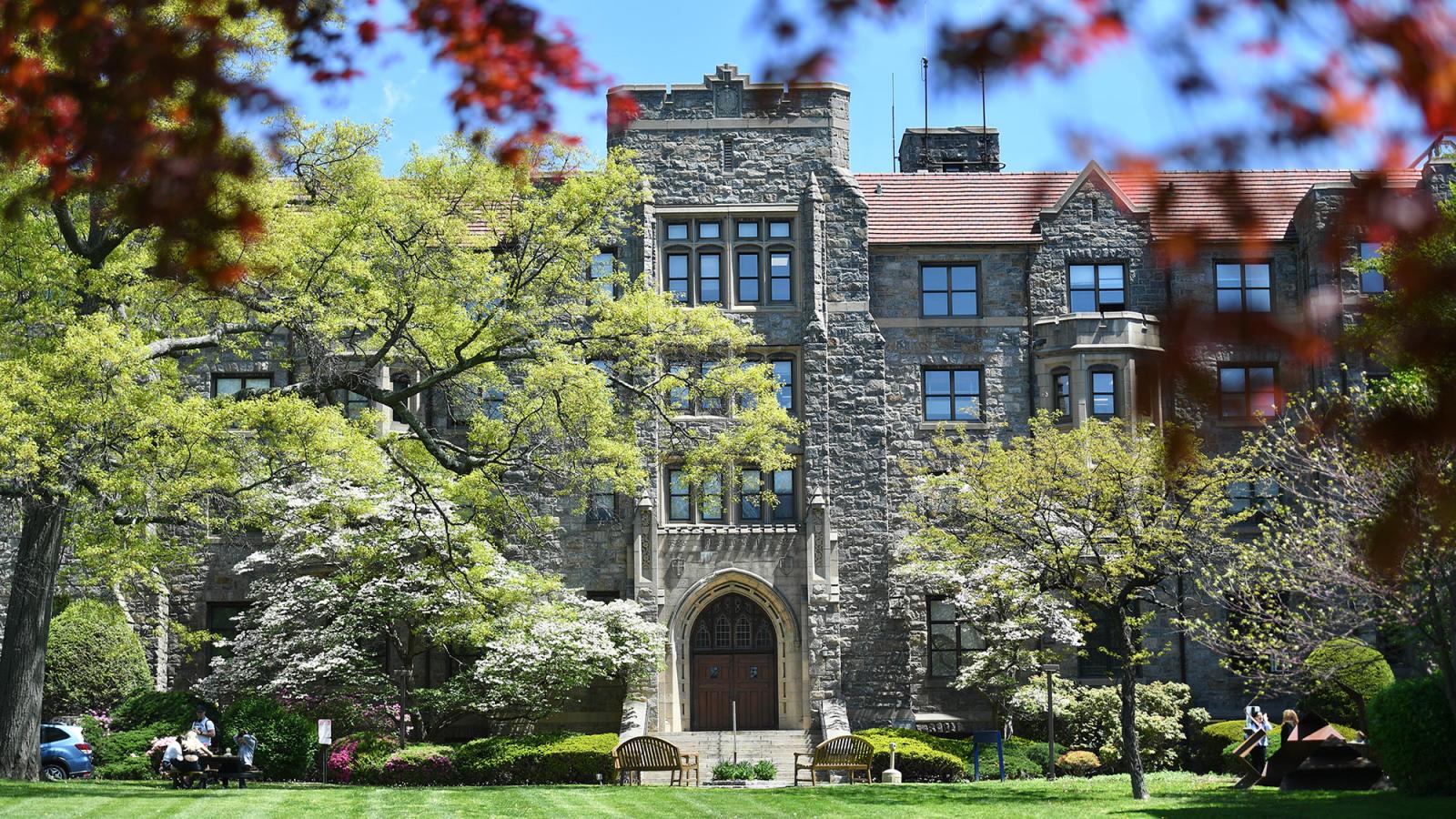The University of Metaphysical Sciences (UMS), an institution known for offering courses in metaphysical and spiritual studies, is currently involved in a lawsuit that has drawn attention to its practices and operations. While the legal challenges facing the university have raised some concerns, they have also given UMS an opportunity to reaffirm its commitment to its mission and values.
Background of the Lawsuit
The University of Metaphysical Sciences Lawsuit Update primarily centers around issues related to the institution’s business practices and accreditation. Like many alternative education providers, UMS has faced scrutiny over how it markets its programs, particularly those that lead to degrees in fields like metaphysical studies, holistic healing, and spiritual counseling.
The legal action, which involves both former students and regulatory bodies, alleges that UMS may have misrepresented its accreditation status and the value of its degrees. This has sparked questions about the legitimacy of the university’s educational offerings and whether it is fulfilling its obligations to students in terms of delivering quality education.
The University’s Response
In response to the lawsuit, UMS has taken several steps to clarify its position and address the concerns raised. The university has emphasized that it is committed to providing students with a genuine educational experience, grounded in metaphysical principles and spiritual growth. UMS has also pointed out that, while it may not be accredited by traditional governmental bodies, it operates with the endorsement of several spiritual and metaphysical organizations.
UMS’s leadership has stressed that its primary goal is to foster personal growth and spiritual enlightenment, rather than to conform to traditional educational models. This focus on alternative education has been a defining characteristic of the university since its founding.
Moreover, UMS has reiterated its dedication to supporting students throughout their academic journey. The university has pointed out that many of its graduates have gone on to successful careers in holistic health, spiritual counseling, and metaphysical coaching, and that its alumni network remains strong.
The Impact on the Metaphysical Education Sector
The lawsuit and its subsequent developments are having a broader impact on the metaphysical education sector as a whole. As more individuals seek education in alternative spiritual practices, the issue of accreditation and the legitimacy of non-traditional universities will continue to be a point of discussion. Institutions like UMS, which operate outside the mainstream, are often subject to different sets of expectations and regulations, which can sometimes lead to legal challenges.
However, the ongoing lawsuit has also highlighted the importance of transparency and clear communication. In response, UMS has taken steps to better clarify the nature of its programs, its accreditation status, and the value of its degrees. This can ultimately help ensure that prospective students are fully informed when making decisions about their education.
Looking Ahead
As the lawsuit continues to unfold, the University of Metaphysical Sciences remains focused on its mission to provide spiritual and metaphysical education to those who seek it. While the legal challenges may have raised some concerns, UMS is using this moment to strengthen its commitment to its students and to the broader metaphysical community.
For prospective students considering UMS, it is important to understand both the opportunities and challenges associated with enrolling in a non-traditional university. As the lawsuit progresses, it will be crucial to stay informed about any new developments and how they may affect the university’s reputation and educational offerings.
